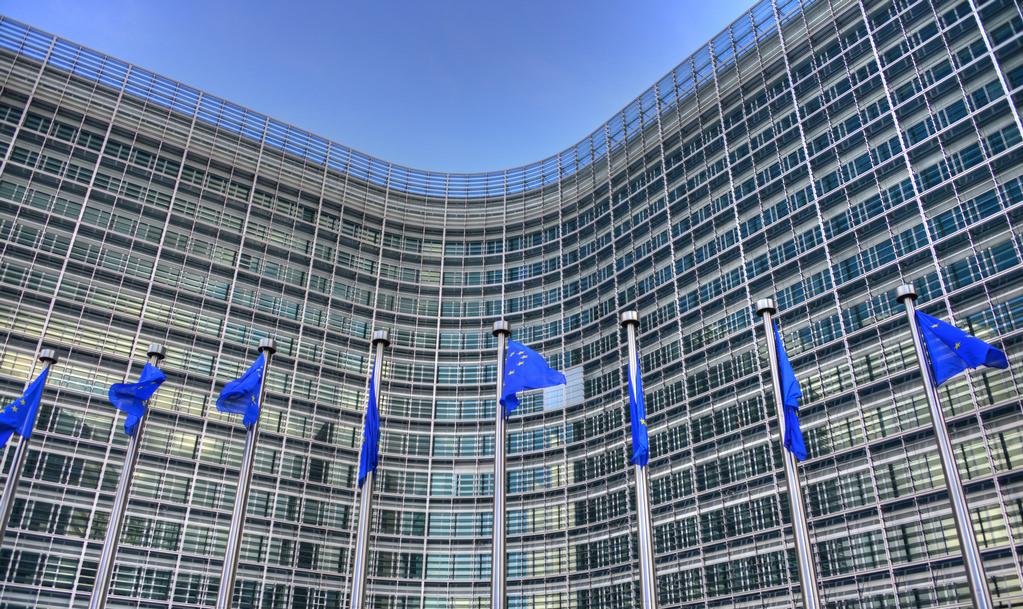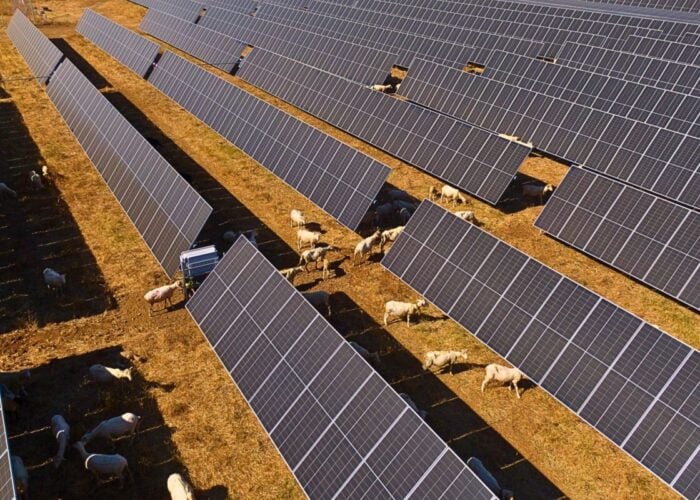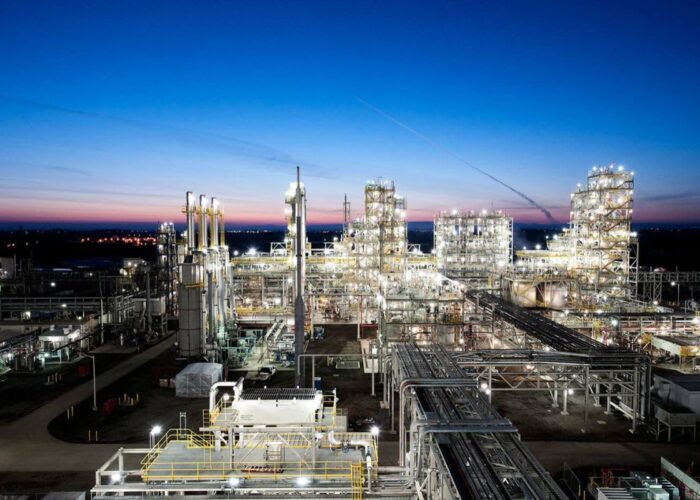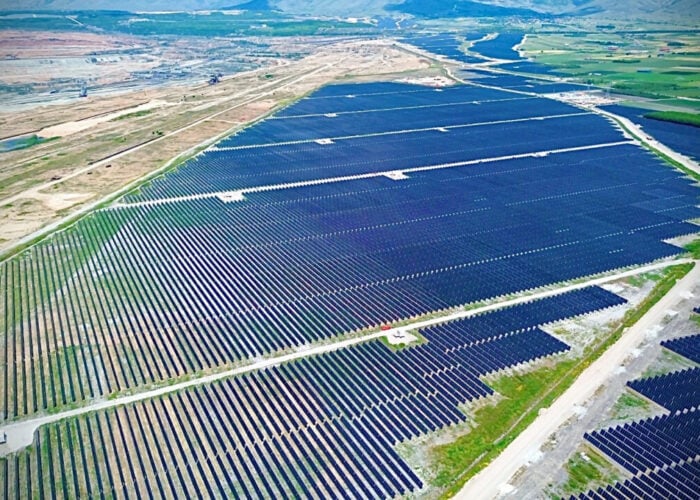
A €2.2 billion (US$2.3 billion) scheme to support investment into decarbonising industrial processes in Germany has been approved by the European Commission (EC).
The scheme, which was submitted to the EC by the German government under the Temporary Crisis and Transition Framework, will support the electrification of industrial processes and the replacement of fossil fuels with “renewable hydrogen or renewable hydrogen-derived fuels”.
Unlock unlimited access for 12 whole months of distinctive global analysis
Photovoltaics International is now included.
- Regular insight and analysis of the industry’s biggest developments
- In-depth interviews with the industry’s leading figures
- Unlimited digital access to the PV Tech Power journal catalogue
- Unlimited digital access to the Photovoltaics International journal catalogue
- Access to more than 1,000 technical papers
- Discounts on Solar Media’s portfolio of events, in-person and virtual
The funding will be delivered in direct grants to companies or projects, with a maximum grant of €200 million per beneficiary. To be eligible for support, projects must “lead to a reduction of greenhouse gas emissions from production processes of at least 40% compared to today”, and eligible companies must either electrify their production processes or switch from fossil fuel use to renewable hydrogen.
Aid will be granted by the 31st December 2025.
The Temporary Crisis and Transition Framework was adopted by the EC in March 2023 as part of efforts to reduce fossil fuel reliance in Europe. The framework was extended in November 2023 in line with the bloc’s response to the Russian war in Ukraine, alongside the REPowerEU scheme, which aims to build energy resilience against Russian gas imports.
Germany has been leading solar PV installations in the EU in recent years, and PV will likely be one of the technologies used as the feedstock for renewable hydrogen adoption in industrial processes. In 2023 the country added 14GW of new PV capacity, roughly half of which was residential.







